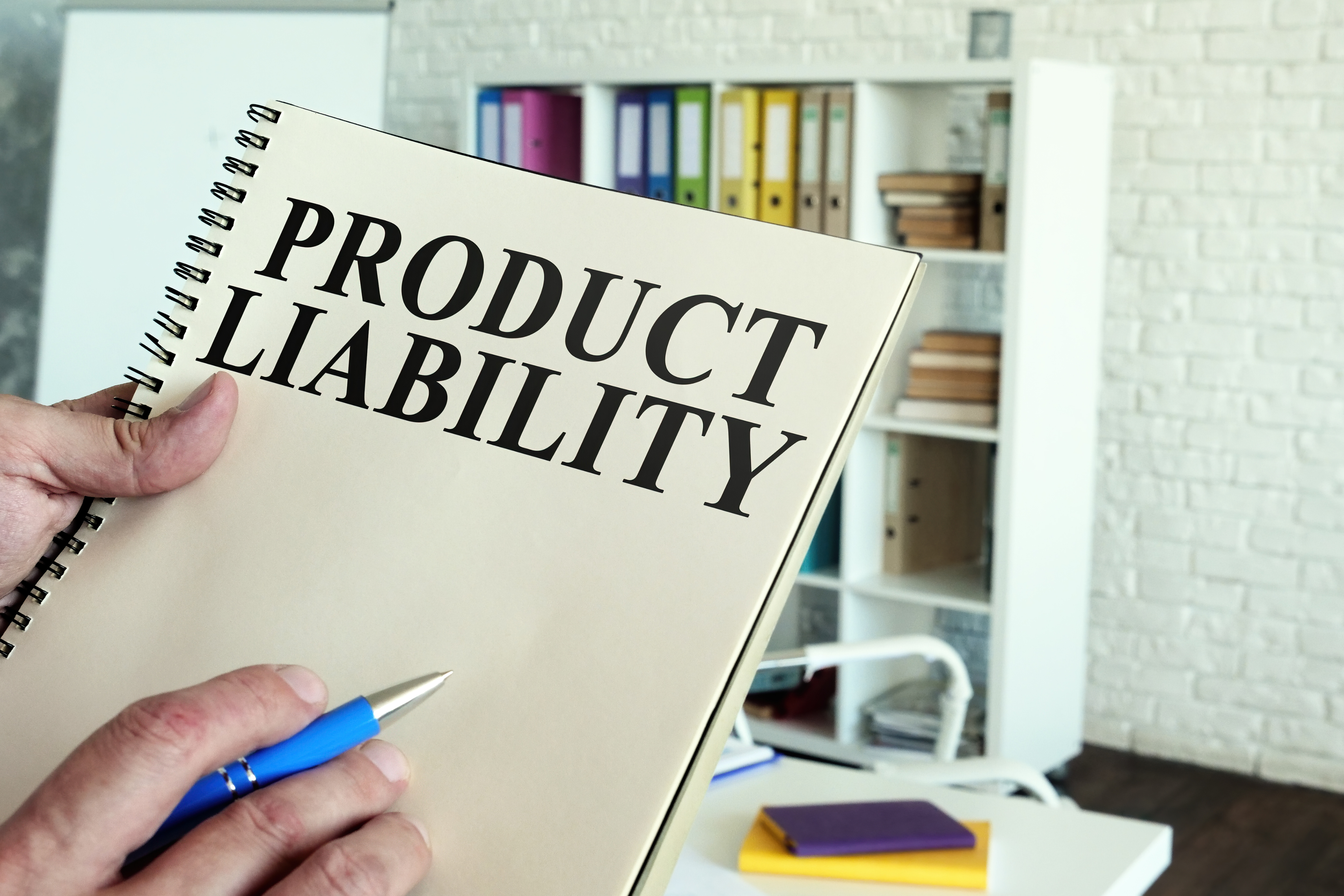You have probably heard of different products being recalled, whether they are car parts, canned food, or consumer products like toasters and microwaves. If you have been injured as a result of using such a product, you may be able to sue for damages. The law governing defective products is also friendlier to plaintiffs than the law of accidents caused by other people’s negligence.
Product liability refers to the legal responsibility of manufacturers, distributors, suppliers, and retailers for injuries or damages caused by defective products. In North Carolina, product liability laws are governed by both state statutes and court decisions. Here are some key points to understand about product liability in North Carolina:
Strict Liability: North Carolina follows the principle of strict liability in product liability cases. This means that a plaintiff can hold a defendant liable for injuries caused by a defective product without proving negligence. The focus is on whether the product was defective and unreasonably dangerous, rather than the defendant’s conduct. This is the key difference between product liability and other personal injury cases.
Types of Defects: Three main types of defects can give rise to product liability claims:
- Manufacturing Defects: These occur when a product departs from its intended design during the manufacturing process, making it more dangerous than intended. A typical example of a manufacturing defect would be a car part that is not up to standards and has to be recalled.
- Design Defects: These involve flaws in the product’s design that make it inherently unsafe, even if it is manufactured correctly. A typical example of a design defect would be for a hand tool or power equipment that did not have an adequate grip or shield to prevent your hand or fingers from getting trapped in the mechanism.
- Failure to Warn: This refers to situations where a product does not come with adequate warnings or instructions for its proper and safe use. This avenue of product liability is the reason for the standard orange-and-white warning signs on seemingly every household item.
Statute of Limitations: In North Carolina, the statute of limitations for filing a product liability lawsuit is generally three years from the date of injury.
Contributory Negligence: North Carolina follows the doctrine of contributory negligence. This means that if a plaintiff is found to be even partially responsible for their injuries, they may be barred from recovering damages. However, North Carolina also has a “last clear chance” doctrine, which can allow plaintiffs to recover if the defendant had the last opportunity to avoid the injury.
Multiple Defendants: North Carolina recognizes the principle of joint and several liability. This means that if multiple parties are found liable for a plaintiff’s injuries, each defendant can be held responsible for the full amount of damages, regardless of their percentage of fault.
If you have been injured by a faulty, ill-designed, or unlabeled product, you should consult with an experienced attorney who can provide guidance based on your unique circumstances. At King Law, there are attorneys throughout North and South Carolina who handle these types of cases and can represent you in this unique situation. Call our toll-free number at 888-748-KING (5464) to request a consultation with one of these experienced attorneys.

